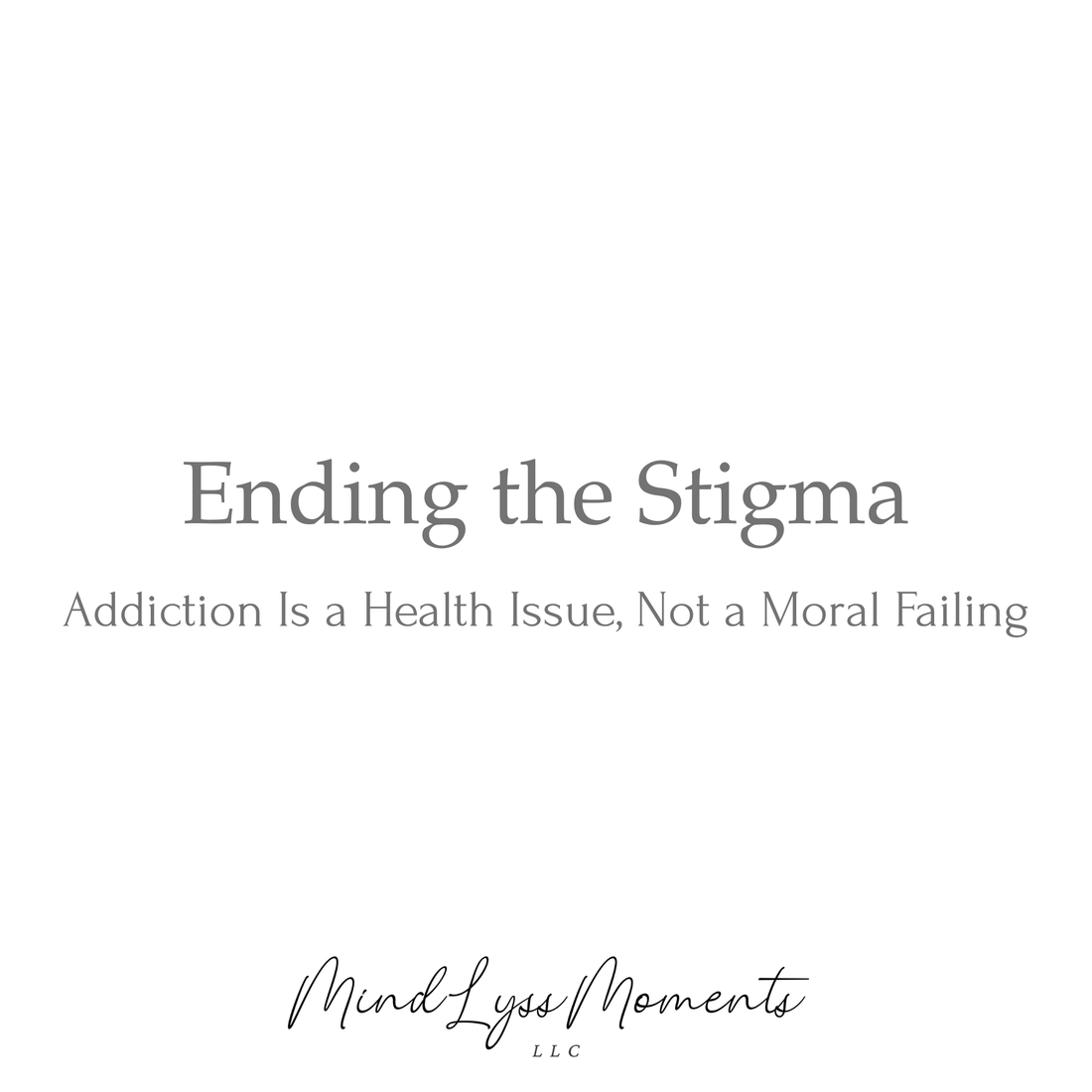Every year, millions of individuals across the globe face the challenges of substance use and addiction. Yet, despite decades of research and evidence demonstrating that addiction is a chronic, treatable medical condition, stigma remains one of the most significant barriers to recovery.
The lingering belief that addiction is a moral weakness — or a simple matter of willpower — continues to shape how society responds to those in need. It affects public policy, access to treatment, and most importantly, the way individuals struggling with substance use see themselves. It’s time to challenge that narrative.
Addiction Through a Clinical Lens
From a clinical standpoint, addiction (or Substance Use Disorder, as defined in the Diagnostic and Statistical Manual of Mental Disorders, Fifth Edition — DSM-5) is characterized by a pattern of compulsive use, loss of control, and continued use despite negative consequences. It involves both physiological dependence and psychological reinforcement, meaning that brain chemistry, genetics, trauma, and environment all play significant roles.
Neuroscience has shown that addiction literally changes the structure and function of the brain, particularly in areas responsible for reward, motivation, and self-control. These biological alterations make it exceedingly difficult for an individual to “just stop.” In this light, addiction is comparable to other chronic conditions such as diabetes or hypertension — manageable, but requiring treatment, consistency, and support.
How Stigma Harms Recovery
Stigma isn’t just a social problem; it’s a public health crisis. When we label someone as an “addict” rather than a person living with addiction, we dehumanize them. This language reinforces shame, isolation, and self-blame — all of which can deter individuals from seeking help.
Research consistently shows that shame-based narratives increase relapse risk and reduce treatment engagement. Meanwhile, compassion-based approaches — focusing on understanding, connection, and empowerment — significantly improve recovery outcomes.
The words we use matter. Replacing “clean” and “dirty” with “in recovery” or “in active use” isn’t just semantics; it’s science-backed, trauma-informed care.
Understanding the Root Causes
Addiction rarely exists in isolation. It often emerges from a complex interplay of factors:
• Genetic predisposition (family history can increase risk)
• Trauma exposure, including childhood neglect or abuse
• Mental health disorders, such as depression, anxiety, or PTSD
• Social determinants of health, like poverty, housing instability, or lack of access to healthcare
Viewing addiction as a symptom of larger systemic and emotional pain shifts our approach—from judgment to curiosity, from punishment to prevention, from shame to support.
A Compassionate Approach to Treatment
Evidence-based treatment is multifaceted, addressing both the biological and psychosocial aspects of addiction. Effective care may include:
• Medication-Assisted Treatment (MAT) — such as buprenorphine or naltrexone, which help stabilize brain chemistry.
• Therapeutic interventions — including CBT, DBT, Motivational Interviewing, or trauma-informed care.
• Peer and community support — like 12-step programs, SMART Recovery, or other peer-led groups that foster belonging.
• Holistic approaches — mindfulness, creative arts, somatic therapy, and lifestyle stabilization to strengthen long-term recovery.
The goal is not perfection — it’s progress, self-compassion, and sustainable change.
What We Can All Do to End the Stigma
Each of us has the power to help shift the narrative:
1. Use person-first language. Say “person in recovery” instead of “addict.”
2. Educate yourself and others. Learn about addiction science, harm reduction, and trauma-informed care.
3. Challenge stigma when you hear it. Compassion can be contagious.
4. Support recovery-focused initiatives. Whether it’s volunteering, donating, or advocating for policy reform, collective action saves lives.
5. Listen without judgment. Sometimes the most powerful intervention is presence and empathy.
Addiction Recovery Is Possible
Recovery is not linear, and it’s not defined by the absence of struggle—it’s defined by the presence of hope, resilience, and community. When we shift from blame to understanding, we create the conditions for healing.
Addiction does not define a person’s worth, and it never has. It’s a health issue deserving of care, compassion, and access—not punishment or shame.
If You or Someone You Know Is Struggling
You are not alone—and help is available.
• SAMHSA’s National Helpline — 1-800-662-HELP (4357): Free, confidential support 24/7.
• 988 Suicide and Crisis Lifeline — Call or text 988 if you’re in crisis or need immediate emotional support.
• NAMI HelpLine — nami.org/help: Peer-led support and resources for individuals and families.
For additional free mental wellness tools—including self-care kits, journaling prompts, and emotional regulation guides—visit our MindLyssMoments Resource Page.

